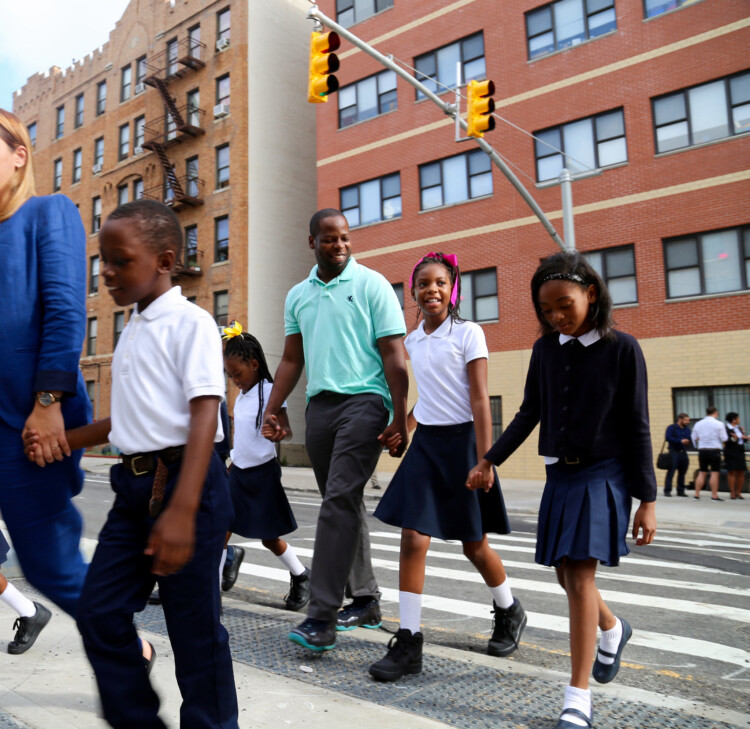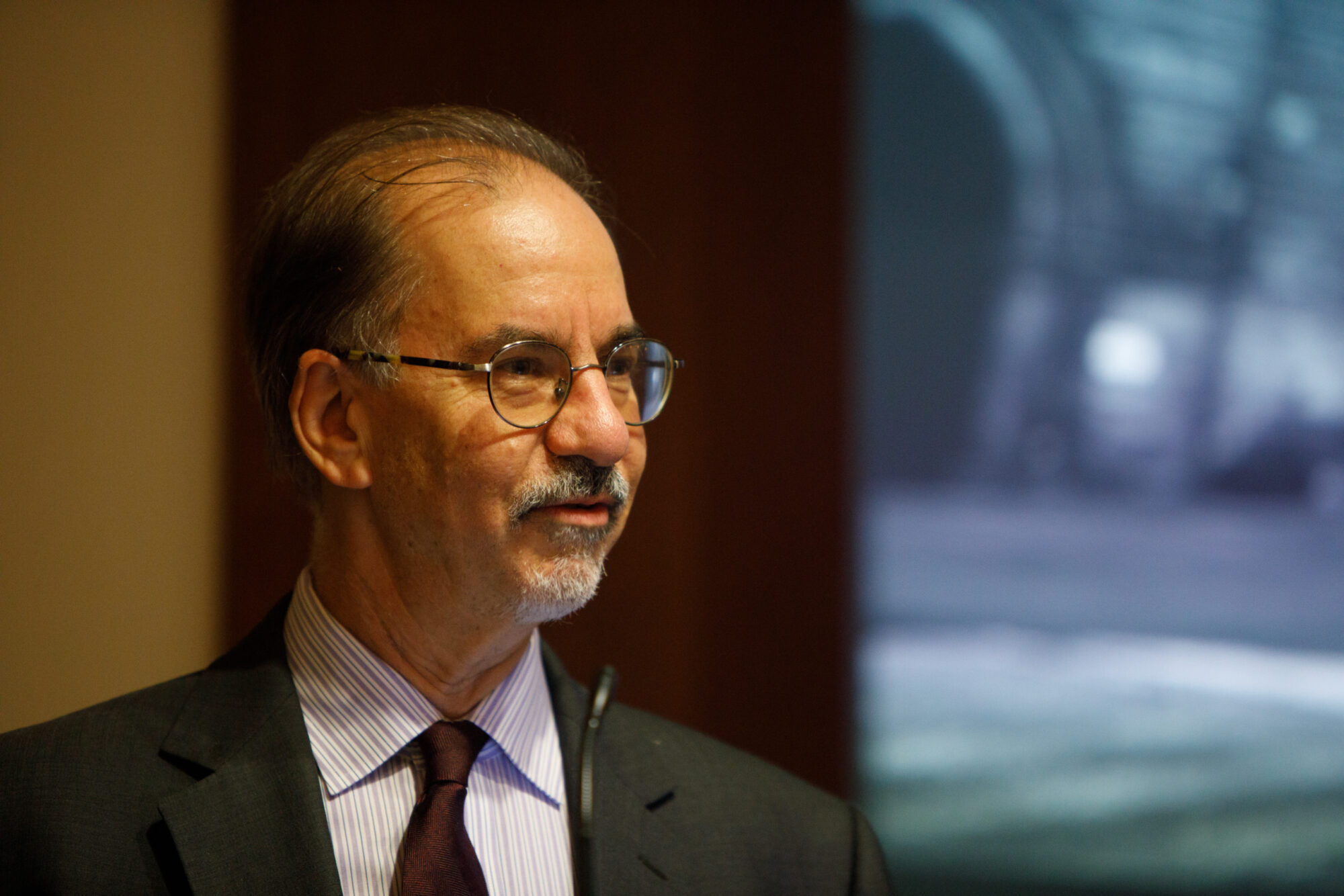As we make our way through this terrible time, with the health and economic devastation of the pandemic disproportionately manifested in communities of color compounded by searing examples of racial injustice, we reflect on what more we, as a funder of social science research on youth, can do to combat racial and economic inequality in our nation.
We recognize that the inequalities exposed by the pandemic, and by the horrific killings of George Floyd, Breonna Taylor, Ahmaud Arbery, and others, are not new. They are the continuing legacy of racial oppression and an ever-widening experience of economic inequality. What is new is the level of attention, as the pandemic has thrown our national cleavages into sharper relief, and cell phone cameras and social media have exposed repeated acts of anti-Black violence that many would prefer to ignore.
Exposing the problem, though, is not enough, nor is raising our voices in protest. To truly make a difference, we need justice-centered programs and policies that replace the social structures that have created and perpetuated inequality for more than four centuries on this continent. And this is where research comes in: to help us identify which programs and policies will bring the changes we seek. As William J. Darity has written in these pages, we need a new agenda for research on reducing racial inequality that “increases resources for Black Americans rather than ‘improves’ Black Americans; recognizes the persistent and devastating role of discrimination; includes the needs of young Black people beyond early childhood; and treats Black access to quality education as an intrinsic good rather than primarily an instrument for higher income.” Efforts to alter the trajectories of individuals are often embedded in racist and anti-Black frameworks, and these frameworks must be overturned in pursuit of research aimed at racial justice.
To truly make a difference, we need justice-centered programs and policies that replace the social structures that have created and perpetuated inequality for more than four centuries on this continent.
Since 2014, we have called for research on programs, policies, and practices to reduce inequality in youth outcomes. We have supported research on reducing racial inequality in education, on de-escalating police encounters with youth, and on reducing barriers to mental health care among Black youth, among many other topics. But we recognize that these programs will have limited consequences unless the structural conditions that create inequality are removed. For this reason, we are also calling for research that examines how social movements—or other collective efforts to disrupt power hierarchies—might reduce inequality for young people of color.
Inequality that has always been with us is more widely acknowledged today than it has been in the past. That might be helpful, but only if we can create change. And research is part of the equation for bringing about that change.






